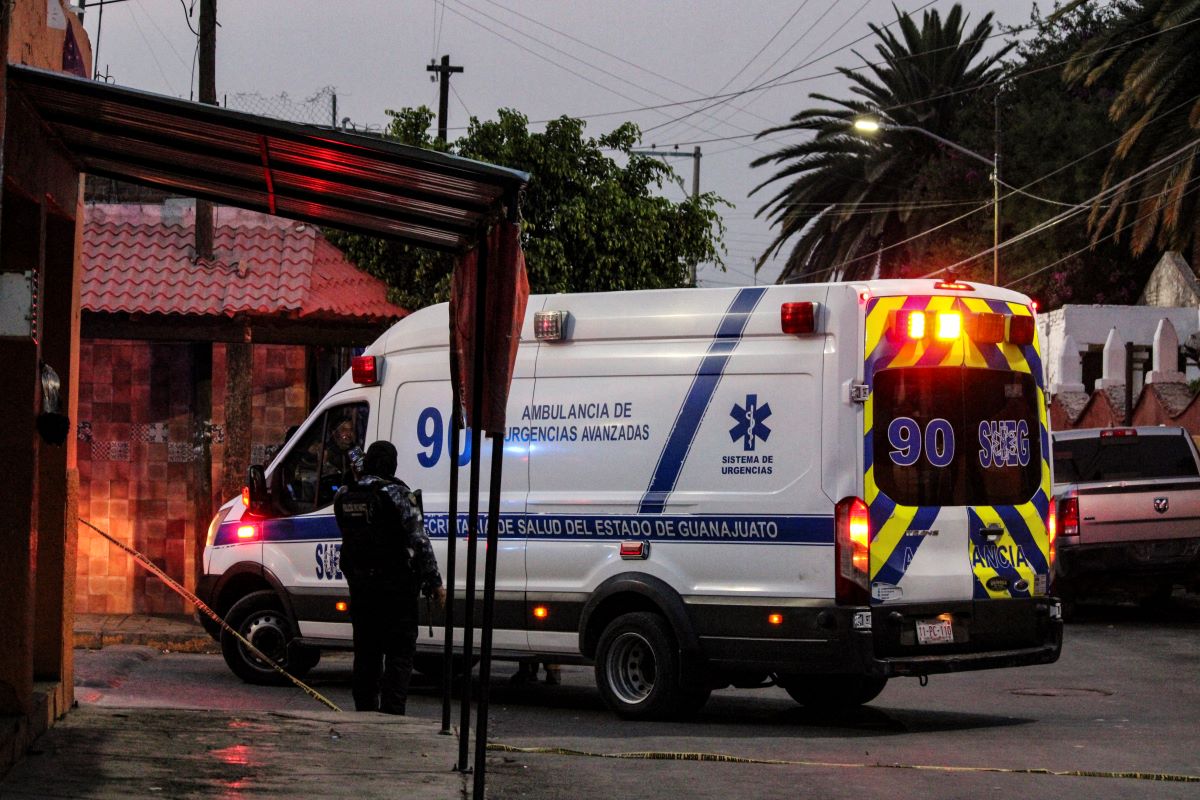Mexico's Election Day: Will Political-Electoral Violence End?
Violence against candidates has surged in Mexico, casting a shadow over the upcoming general elections. Just days before millions head to the polls, several high-profile attacks on candidates have intensified concerns. Ricardo Arizmendi Reynoso, running for the municipal presidency of Cuautla, was murdered in a shooting, while Gilberto Palomar, a mayoral candidate in Jalisco, was hospitalized after an armed assault. These incidents are part of a disturbing pattern of political violence that has targeted candidates across various states, including Jalisco, Chiapas, and Puebla.
In recent figures, organizations like Data Cívica and Consultora Integralia report that the 2023-2024 electoral process is among the most violent in Mexico's history. Figures vary, with the Mexican government acknowledging 22 candidate murders, while some groups cite as many as 38. This wave of violence has prompted international concern, with electoral observers from the Organization of American States calling for thorough investigations to protect the integrity of the electoral process and democracy in Mexico.
Historic Elections Amid Violence
On June 2, Mexico is set to hold its largest elections ever, with nearly 100 million citizens voting for over 20,000 positions, both local and federal, including the presidency. This election is particularly historic as it will likely see the country elect its first female president. Front-runner Claudia Sheinbaum, representing the ruling Morena party, is far ahead in the polls. Despite the violence and the polarized political environment, campaigns are concluding with rallies aimed at solidifying voter bases.
President Andrés Manuel López Obrador, in his morning conferences, has attributed the current bout of electoral violence to historical ties between past governments and criminal organizations. Meanwhile, the federal government has deployed nearly 3,500 members of the Armed Forces to safeguard candidates, reflecting the severe security challenges faced during this electoral season.
Polarized Race and Future Prospects
The electoral race has been marked by deep polarization, with candidates pushing starkly different visions for Mexico's future. Claudia Sheinbaum promises continuity of López Obrador's 'Fourth Transformation' with a focus on social policies, whereas her primary competitor, Xóchitl Gálvez, is campaigning for a shift in governance, attacking the current administration's security, health, and education policies.
As Mexico closed 2023 with an alarming rate of around 30,000 murders, the security situation remains a critical concern for voters. The opposition argues for a return to traditional party values to curb growing violence and crime, depicting the Morena party as unable to address these challenges effectively. The political environment remains fraught with tension as Mexico approaches a pivotal moment in its democratic journey.
- Juan Sandoval, a candidate for the government of Tehuacán, survived an attack outside his campaign house. In a public video, he revealed that a formal complaint has been filed, highlighting the precarious situation candidates find themselves in as election day nears.
- The violence has not only affected prominent candidates; minor party representatives and their campaign teams have also been targeted. This widespread issue underlines the pressing need for enhanced security measures and thorough investigations to ensure a fair and safe electoral process for all involved.
- The Mexican government's efforts to safeguard candidates through military deployment underscore the gravity of the situation. However, the effectiveness of these measures remains to be seen, as incidents of violence continue to surface.
- The involvement of international electoral observers from the OAS emphasizes global concern regarding Mexico's electoral integrity. Their calls for investigations and preventive measures reflect the broader implications of electoral violence on democratic processes worldwide.






